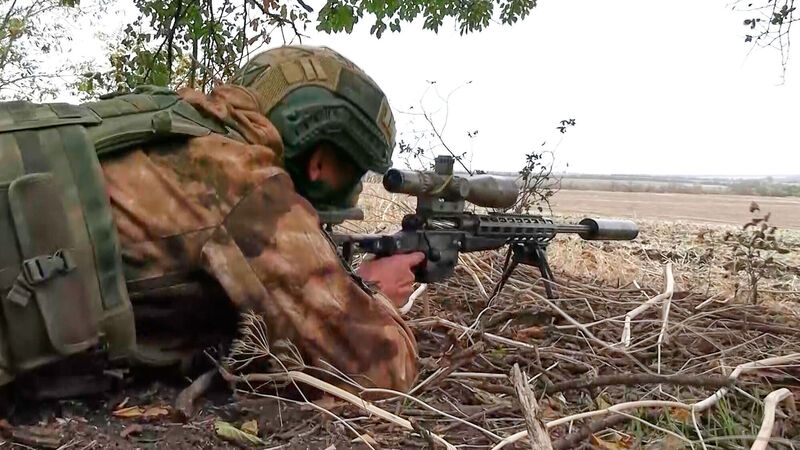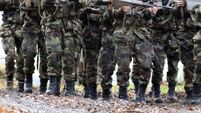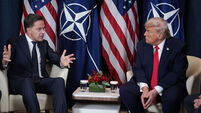Russian commanders appoint 'execution shooters' to target soldiers who refuse to fight, report claims

Russia's 'execution shooters' later dump refusers' bodies in rivers or shallow graves, registering them as killed in action. File Picture: Russian Defense Ministry Press Service via AP
Russian commanders are executing soldiers or deliberately sending them to their deaths if they refuse to fight in Ukraine, a report has claimed.
Independent outlet has drawn on testimonies from serving soldiers, relatives of the dead, leaked videos, and official complaint records, and has identified 101 Russian servicemen accused of murdering, torturing, or fatally punishing their own comrades.














